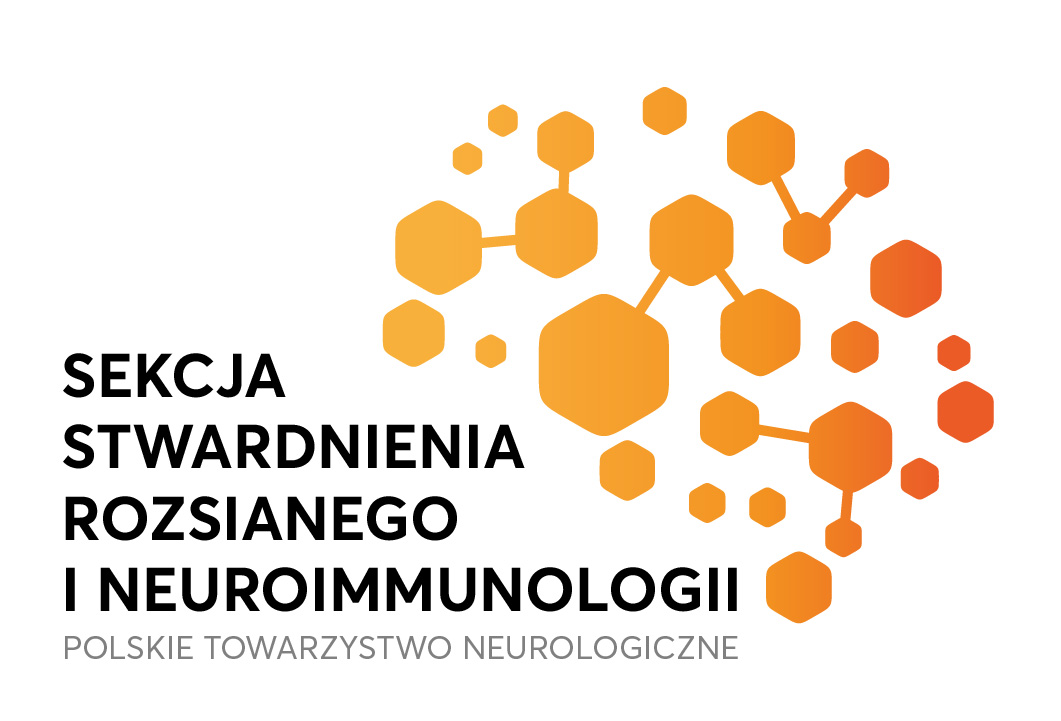Multiple sclerosis is a demyelinating disease of the central nervous system (CNS), and the most common cause of neurological disability in young adults. Thanks to years of intensive research, the disease can now be largely controlled by disease-modifying treatment (DMT), of which the mode of action is mostly immunomodulatory and/or immunosuppressive. For years, balancing the benefits and risks of DMT by escalating only after a suboptimal response has been the recommended course of action. However, this approach may be insufficient, especially in a subset of patients with aggressive disease course and rapid accrual of disability. Currently, highly effective therapies (HET) are often recommended as first-line treatment, even for patients with relatively good prognostic factors. This is debatable given the relatively higher risks, and costs, associated with HET. Therefore, establishing the true risk of aggressive MS course would aid clinicians in balancing the benefit-risk ratio for individual patients. The aim of this narrative review was to summarise and evaluate research on aggressive multiple sclerosis, with a special focus on the most relevant findings and identifying gaps in our knowledge in this field.
Facts and myths about aggressive relapsing-remitting multiple sclerosis — current state of knowledge and future perspectives
Opublikowano: 29/12/2024
Link do pełnego artykułu: Kliknij tutaj
